Latest News
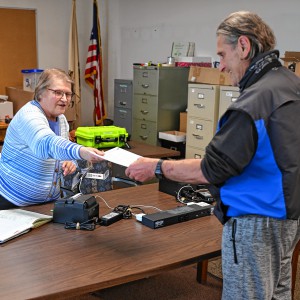 Erving voters say ‘no’ to $3.7M debt exclusion
Erving voters say ‘no’ to $3.7M debt exclusion
 North Quabbin Notes, May 6
North Quabbin Notes, May 6
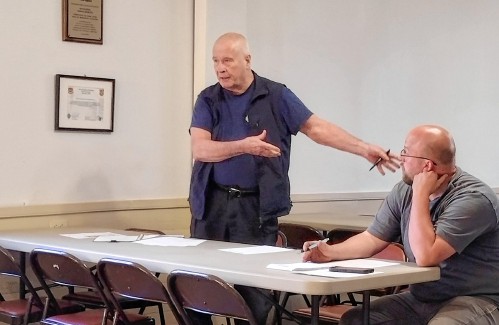
$700K debt exclusion would fund repairs to Raymond Hall
ROYALSTON – A last-minute addition has been made to the warrant for Royalston’s Annual Town Meeting seeking $700,000 through a Proposition 2 ½ debt exclusion. The new article, authored by the town’s Building Committee, would pay for improvements to...

More than 130 arrested at pro-Palestinian protest at UMass
Editor’s note: This story will be updated.AMHERST — More than 130 people were arrested on the University of Massachusetts campus Tuesday night after those who set up a pro-Palestinian encampment on the South Lawn of the Student Union refused to...
Most Read
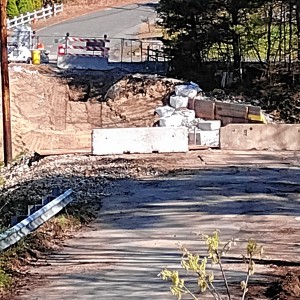 Work on Pinedale Avenue Bridge connecting Athol and Orange to resume
Work on Pinedale Avenue Bridge connecting Athol and Orange to resume
 PHOTOS: Enchanted Orchard Renaissance Faire at Red Apple Farm
PHOTOS: Enchanted Orchard Renaissance Faire at Red Apple Farm
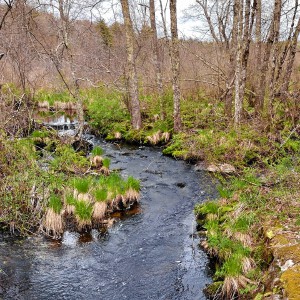 Rice’s Roots Farm owner plans for community involvement for land’s future
Rice’s Roots Farm owner plans for community involvement for land’s future
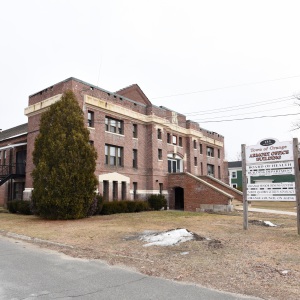 Orange Selectboard declares armory as surplus property
Orange Selectboard declares armory as surplus property
 ‘Arrive Alive’ shows Athol High School students the dangers of impaired driving
‘Arrive Alive’ shows Athol High School students the dangers of impaired driving
 Nature lovers gather at Adams Farm for hawk watch
Nature lovers gather at Adams Farm for hawk watch
Editors Picks
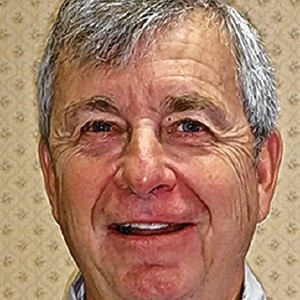 Sportsman’s Corner: Orange Gun Club’s Kids Derby
Sportsman’s Corner: Orange Gun Club’s Kids Derby
 Providers, families seek legislative urgency to support ALS treatment
Providers, families seek legislative urgency to support ALS treatment
 Earl Sweat seeks seat on Phillipston Selectboard
Earl Sweat seeks seat on Phillipston Selectboard
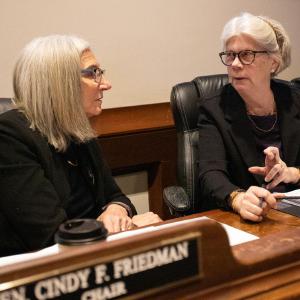 Upon review, panel not behind any ballot questions
Upon review, panel not behind any ballot questions
Sports

UMass basketball: Minutemen nab another transfer in Arizona State forward Akil Watson
Just 24 hours ago, the UMass men’s basketball team hadn’t brought in a single transfer to replace the players who departed the program in the offseason. Now, after Wednesday’s signing of forward Akil Watson from Arizona State, the Minutemen have added...
 On The Ridge with Joe Judd: More successful tales from the hunt
On The Ridge with Joe Judd: More successful tales from the hunt
Opinion
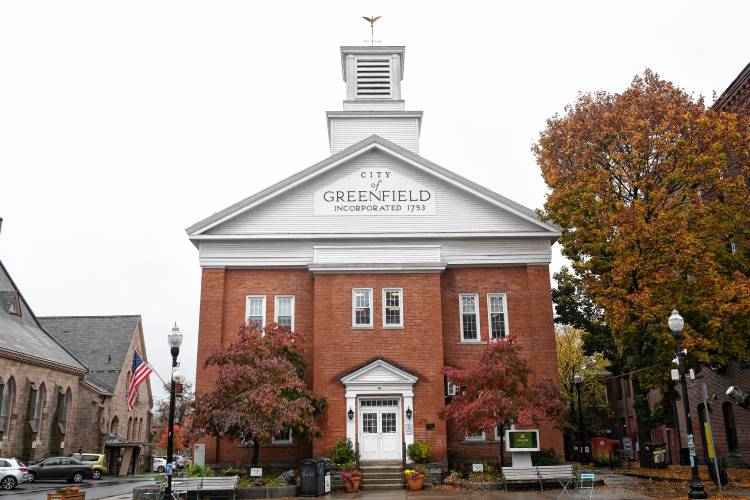
My Turn: Stop taking all equity in home seizures now
I don’t like to read the legal ads. The print is too small and it feels like you need a degree in legal studies to understand them. But on April 13 of this year, the city of Greenfield took out a full-page ad in the Recorder listing residents who...
 Pam Roberts: Come join Buddy Baseball's new season on May 11!
Pam Roberts: Come join Buddy Baseball's new season on May 11!
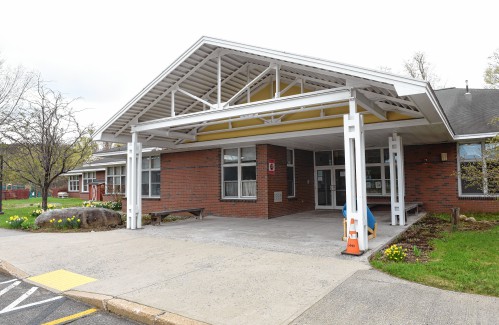 Bill and Jean Gran: Heath Select Board needs Mike Smith’s broad experience
Bill and Jean Gran: Heath Select Board needs Mike Smith’s broad experience
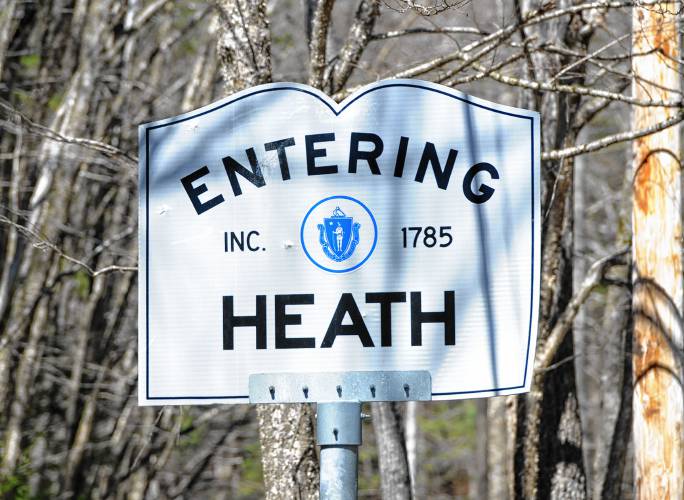 Robert McGahan: Will Emmet selflessly gives time and energy to town
Robert McGahan: Will Emmet selflessly gives time and energy to town
 Pam Parmakian: What’s in a flag? Solidarity and safety
Pam Parmakian: What’s in a flag? Solidarity and safety

Police Logs

Athol Police Logs: March 12 to March 19
ATHOL POLICE LOGSTuesday, March 126:45 p.m. - Male party into the lobby regarding a shop vac he lent to someone and they are refusing to give it back. Party was advised of his options. Attempted to contact involved party, negative contact, a voicemail...
 Athol Police Logs: Feb 19 to Feb. 27
Athol Police Logs: Feb 19 to Feb. 27
 Athol Police Log Feb. 4-18
Athol Police Log Feb. 4-18
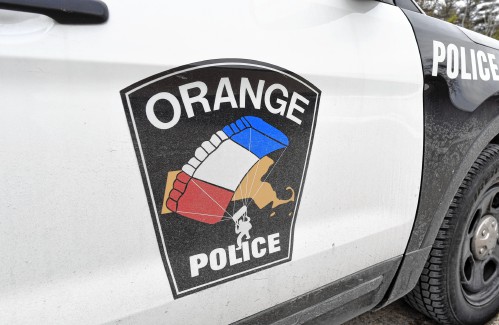 Orange Police Log 12/1-13
Orange Police Log 12/1-13
 Athol Police Log 11/8-26
Athol Police Log 11/8-26
Arts & Life

Sounds Local: Joni Mitchell tribute comes to Turners Falls: Big Yellow Taxi to perform ‘Court and Spark’ in its entirety, May 18 at the Shea
If you are a Joni Mitchell fan (and who isn’t), you’ll want to be at the Shea Theater Arts Center in Turners Falls on Saturday, May 18, at 8 p.m. when the premier Joni Mitchell tribute band here in the Northeast, Big Yellow Taxi, takes the stage. This...
Obituaries
 Donald W. Watts
Donald W. Watts
Athol, MA - Donald W. Watts, age 94, of Athol passed away at Heywood Hospital after an illness. Donald was born on May 30, 1929 in Gardner to the late Ralph W. and Mary Louise (Pfaff) Watts. He proudly served in the U.S. Navy durin... remainder of obit for Donald W. Watts
 Rodney B. Freeman
Rodney B. Freeman
Rodney B. "Rod" Freeman Athol, MA - Rodney B. Freeman, 93, of Bradenton, FL, passed away on November 4, 2023. He was born on March 23, 1930, the son of the late James and Doris Freeman of Barre, MA. Rodney was raised on the family dairy ... remainder of obit for Rodney B. Freeman
 Forrest John Clingerman
Forrest John Clingerman
BLUFFTON, OH - Forrest John Clingerman, 52, passed away April 21, 2024, at his home in Ohio. Forrest was born January 29, 1972 in Terre Haute, IN, to parents John and Claire (Spaulding) Clingerman. He grew up in the midwest but came ... remainder of obit for Forrest John Clingerman
 Donna Leonard
Donna Leonard
Phillipston , MA - On April 20, 2024 Donna J. (Pattison) Leonard, age 76 of Phillipston Mass, was called home to be with the Lord after a brief but intense battle with colon cancer. Donna was born to Harold and Sarah (Clarke) Pattison,... remainder of obit for Donna Leonard

 Franklin County reps speak to House budget amendments
Franklin County reps speak to House budget amendments
 Employee pay, real estate top Erving Town Meeting warrant
Employee pay, real estate top Erving Town Meeting warrant
 Loan program aims to ease burden of home energy retrofits
Loan program aims to ease burden of home energy retrofits
 Community Legal Aid expands Disability Benefits Project to Franklin County
Community Legal Aid expands Disability Benefits Project to Franklin County
 Committee forms to oppose psychedelics push in Mass
Committee forms to oppose psychedelics push in Mass
 Change in federal drug classification could help cannabis shops
Change in federal drug classification could help cannabis shops
 High Schools: MacKenzie Paulin tosses one-hitter to lift Greenfield softball past Frontier
High Schools: MacKenzie Paulin tosses one-hitter to lift Greenfield softball past Frontier 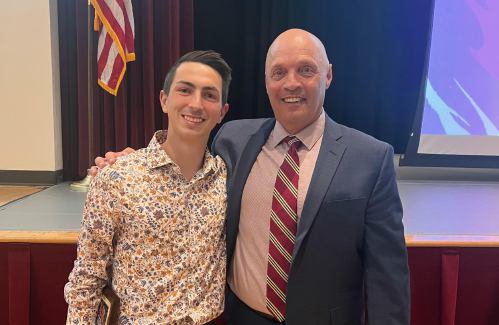 Bulletin Board: Bryce King wins Dean College men’s soccer’s Coaches Award
Bulletin Board: Bryce King wins Dean College men’s soccer’s Coaches Award Boys volleyball: Carey twins help power Frontier past Belchertown in straight sets (PHOTOS)
Boys volleyball: Carey twins help power Frontier past Belchertown in straight sets (PHOTOS) On Mother’s Day, we’ll always have Paris: A crêpe recipe in honor of my French-speaking mother
On Mother’s Day, we’ll always have Paris: A crêpe recipe in honor of my French-speaking mother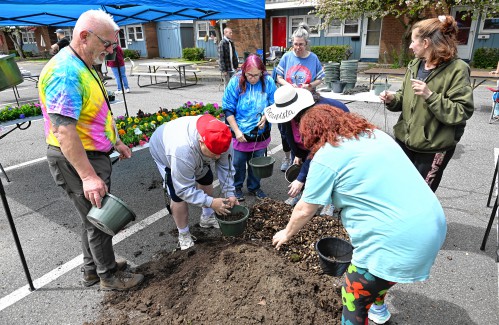 Providing opportunity for people to grow: The United Arc of Franklin County’s annual Gardening with Steve event a highlight of spring
Providing opportunity for people to grow: The United Arc of Franklin County’s annual Gardening with Steve event a highlight of spring Speaking of Nature: Capturing my Bermuda nemesis: The Great Kiskadee nearly evaded me, until I followed its song
Speaking of Nature: Capturing my Bermuda nemesis: The Great Kiskadee nearly evaded me, until I followed its song The house that therapy built: Multimedia artist Lisa Winter to display “My House” at the Wendell Meetinghouse this Sunday
The house that therapy built: Multimedia artist Lisa Winter to display “My House” at the Wendell Meetinghouse this Sunday